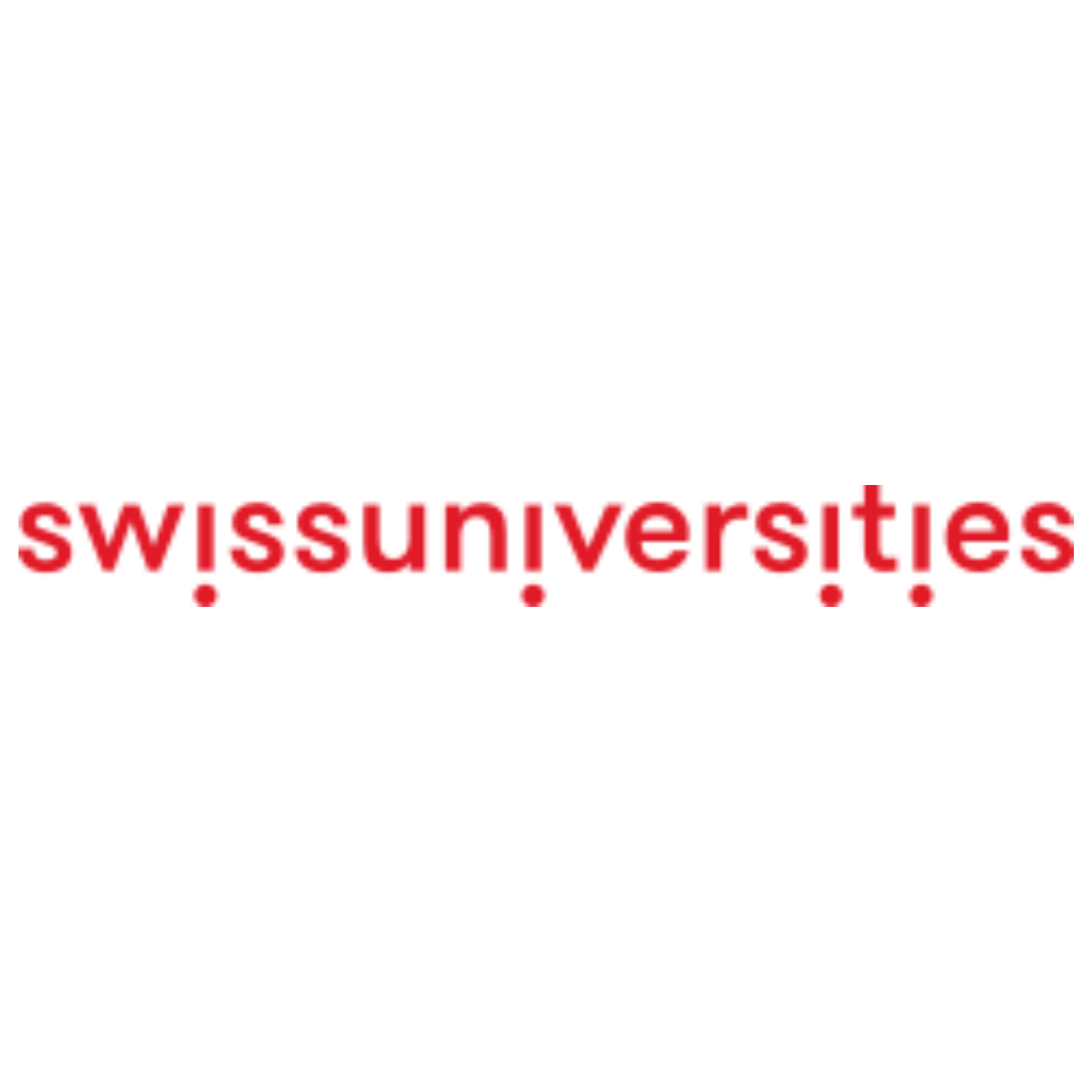Universities Facing the Crisis
Just like in so many other universities around the world, our students, deeply affected by the human tragedies sparked by the ongoing conflict in Gaza, have mobilised in defense of human rights. They have expressed their shock at the increasing number of civilian casualties, at the massive destruction of healthcare and educational infrastructure in the Gaza Strip, and at the ongoing hostage situations. Their emotions and their need to act are legitimate, and we share them.
The demands put forth by the collective occupying Uni Mail have been acknowledged and incorporated into the work of the scientific committee, conceived even before the start of the mobilisation, to examine the role of universities in public debates. What framework and what limits should be placed on international scientific collaborations? How should we position ourselves in the face of major geopolitical, climatic, and societal challenges that we are confronting?
Given the relevance of these questions and the legitimacy of the emotions involved, we have prioritised dialogue from the outset. This approach has been criticized, with many urging us to take a firmer stance. We have felt tensions rising within our community. Nevertheless, we have chosen to pursue this path, which has become increasingly narrow, encouraged by the quality of the work carried out by the scientific committee. After urgent sessions lasting several hours, with the involvement of representatives of civil society, students, whether occupying or not, of the University, the committee has been able to submit its initial concrete proposals to the Rectorate. These proposals are currently being studied and will soon be the subject of a university statement.
Despite this progress, the collective has failed to provide the reassurances of calmness that we requested from the outset of the movement: an end to the nighttime occupation and the removal of the contentious banner "From the river to the sea," whose divergent interpretations are hindering peaceful dialogue. We have also observed the occupation slipping away from the collective, with the emergence of individuals from outside the university, party logos or political groupings, and speeches not directly related to the cause being made. Incidents have occurred repeatedly, highlighting security concerns. The decision on Saturday night to restrict access to buildings to only members of the university community was a first step. However, with protests moving outside and broad calls for mobilisation from the collective, it didn’t prove sufficient. It became clear that despite their sincere efforts, the situation was slipping out of the control of its organizers.
After the ultimatum issued on Sunday to the occupants, a criminal complaint – a necessary step for a potential evacuation – was filed on Monday by the University of Geneva as a last resort. In an attempt to avoid police intervention, a final discussion took place on Monday at noon between the Rectorate and representatives of the collective. It served to reaffirm the University's commitment to democratic values such as freedom of expression and the right to protest for students. The collective could have remained in the Uni Mail Hall to present its demands by occupying a space allocated to a recognized student association, as is very often the case. However, the collective declined, choosing to continue with the illegal occupation, presenting it as a political act.
The inevitable police intervention leaves us with a terrible sense of failure; we tried everything to avoid it, prioritising dialogue in accordance with the rules of the University and its Code of ethics and professional conduct until the end.
Even though the form of the occupation veered away from its stated objectives, the questions it raised remain valid. The humanitarian tragedy unfolding in Gaza continues and calls for a substantive response regarding the role of academic institutions. This response should not come under pressure; it cannot be a concession made to end a crisis. It is much more important and deserves better. It must be the result of a genuine scientific approach, in line with academic standards, applicable to all situations.
The research we conduct, academic and student mobility, rely on hundreds of agreements and collaborations in dozens of countries, not all of which, unfortunately, are liberal democracies. All these exchanges form a dense network, organized around shared projects, which also has a role to play in conflict resolution. We must ensure the ethics, purpose, and validity of our collaborations, analyse our evaluation procedures, and evolve or strengthen them as needed. This is a foundational, long-term endeavor. Away from mere announcements, we will pursue it with rigor and transparency, with the support of the entire university community.
Audrey Leuba, Rector
The Rectorate withdraws its criminal complaint
Since the beginning of the crisis, the University has favored dialogue. During a final meeting with representatives of the collective, on Monday 13 May, it proposed maintaining a presence in the Uni Mail hall provided it is done by an association recognised by the Rectorate and adheres to the institution's rules. Unfortunately, the University encountered a refusal.
The police intervention has always been a last resort, and the criminal complaint, a necessary prerequisite for evacuation. With the occupation ceased, the University has withdrawn the criminal complaint.
Furthermore, the Rectorate will not refer the matter to the Discipline Council solely on the grounds of student participation in the occupation of the Uni Mail hall. It reserves the right to do so if other actions or behaviors justify it. It is worth noting that it is not the Rectorate, but the Discipline Council that imposes disciplinary sanctions. The Rectorate chooses whether to refer the matter to the Council after hearing the concerned students.
The Discipline Council can impose the following sanctions, taking into account the seriousness of the offense: a) a warning; b) suspension; c) expulsion from UNIGE.
16 May 2024
News 2024






